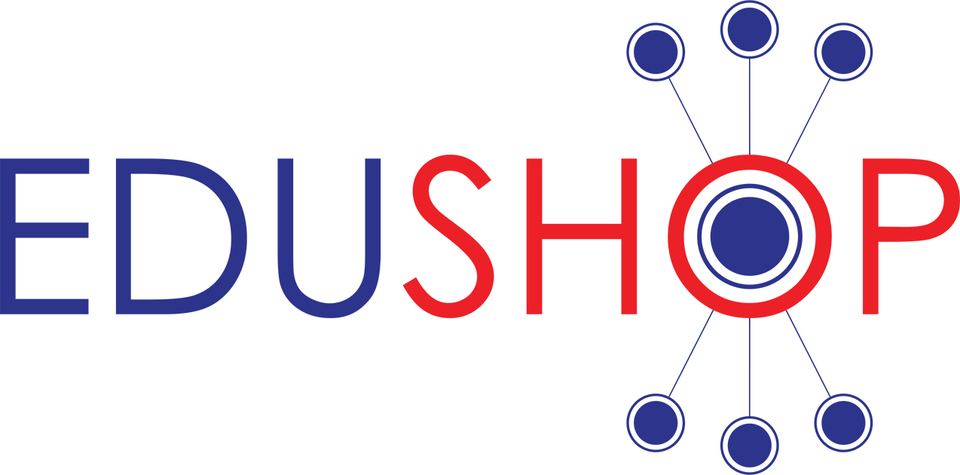- Home
- Numicon NZ Website
- About Us
- Numicon
- Numicon Conference 2025
- Professional Development/Events
- Webinar Recordings
- Login
- Contact
- Join Mailing List
What Really Works in Special and Inclusive Education - Using Evidence-Based Teaching Strategies
> Home > Shop > Books > All Books from Edushop > What Really Works in Special and Inclusive Education - Using Evidence-Based Teaching Strategies
This fully revised and updated third edition presents teachers with a range of up-to-date evidence-based strategies they can use to tackle the challenges of inclusive education. An essential resource for the busy educator, each of the twenty-nine strategies explored in this book has a substantial research base drawn from a range of countries, a strong theoretical rationale and clear guidelines on their implementation, as well as cautionary advice where necessary.
Key features of the third edition include:
- An easy to follow structure divided into four categories: behavioural approaches, social strategies, cognitive strategies and mixed strategies
- Eight new chapters, focusing on topical areas such as neuroscience, social and emotional education, visual learning and communication and the transition from school to post-school environments
- Updated chapters that consider the most diverse and up-to-date research in education, psychology, health and technology
Whilst the focus of this book is on children with special educational needs, the strategies are universally applicable, making this essential reading for all classroom teachers, school leaders, teacher educators and students, educational psychologists, special needs coordinators and consultants and educational researchers.
ISBN: 9781138393158
Price:
NZ$ 78.00 excluding GST
NZ$ 89.70 including GST
B3158
Contact us for availability
Information
Authors:
David Mitchell is an Adjunct Professor at the University of Canterbury in Christchurch, New Zealand. He has over 200 publications, mainly in the fields of special and inclusive education.
Dean Sutherland is a Senior Lecturer in the College of Science at the University of Canterbury in Christchurch, New Zealand. His teaching and research focus on human communication, disability, ethics and evidence-based practices.
Contents
Preface Acknowledgements
1. Introduction I. Foundations
2. Evidence-based education
3. Neuroscience
4. Inclusive education
5. An ecological model
6. A learning and teaching model II Strategies A. Behavioural Strategies
7. Strategy 1: Behavioural assessment and approaches
8. Strategy 2: Review and practice
9. Strategy 3: Direct Instruction
10. Strategy 4: Formative assessment and feedback
11. Strategy 5: School-wide positive behaviour support B. Social Strategies
12. Strategy 6: Cooperative group teaching
13. Strategy 7: Peer tutoring and peer influences
14.Strategy 8: Social skills training
15. Strategy 9: Collaborative teaching
16. Strategy 10: Family engagement and support
17. Strategy 11: School culture
18. Strategy12: Classroom climate
19. Strategy 13: Social and emotional learning
20. Strategy 14: Inter-agency cooperation C. Cognitive Strategies
21. Strategy 15: Cognitive strategy instruction
22. Strategy 16: Self-regulated learning
23. Strategy 17: Memory strategies
24. Strategy 18: Reading comprehension
25. Strategy 19: Comprehensive reading programmes
26. Strategy 20: Phonological awareness D. Mixed Strategies
27. Strategy 21: Cognitive behavioural therapy
28. Strategy 22: Assistive technology
29. Strategy 23: Augmentative and alternative communication
30. Strategy 24: Quality of the physical environment
31. Strategy 25: Visual learning and communication
32. Strategy 26: Early intervention
33. Strategy 27: Transition from school to post-school environments
34. Strategy 28: Response to Intervention
35. Strategy 29: Universal Design for Learning III. Conclusion
36. From Research to Practice
Index
Associated Items
View your shopping basket or Browse other items in All Books from Edushop.

